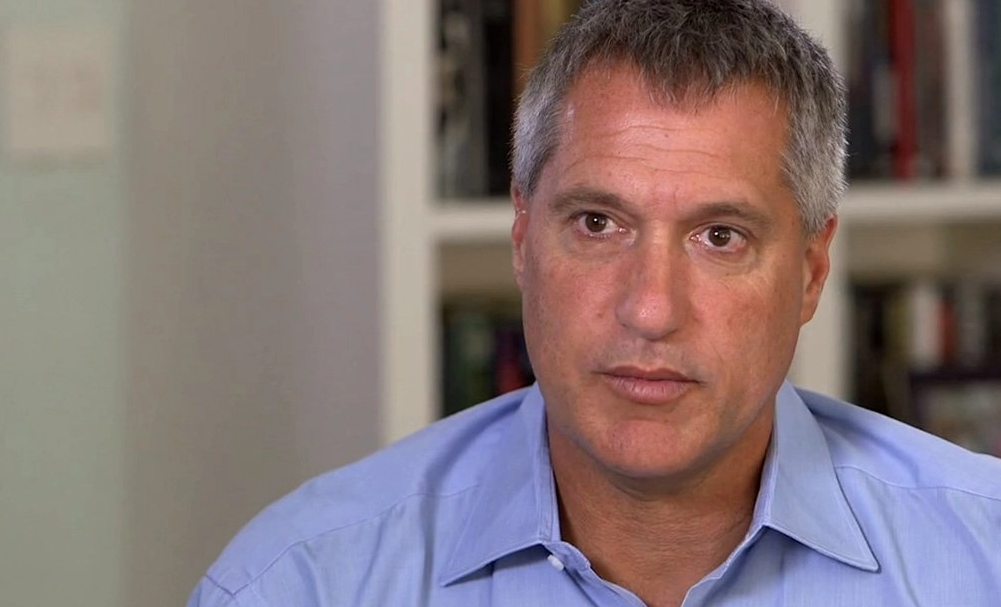25 April 2022
In response to the news that the unjust six-month sentence of human rights defender and environmental lawyer Steven Donziger has been completed on 25 April 2022, Daniel Joloy, senior policy advisor at Amnesty International, said:
“We are relieved that Steven Donziger will finally recover his freedom after almost 1,000 days of arbitrary detention, which included 45 days in prison and over 900 days under house arrest. He should have never been detained for even one day, as it has been clear the whole process against him has been in retaliation for his human rights work that exposed corporate wrongdoings”.
He should have never been detained for even one day, as it has been clear the whole process against him has been in retaliation for his human rights work that exposed corporate wrongdoings.
Daniel Joloy, Amnesty International
“Unfortunately, the end of this sentence does not mean the end of the injustices Steven has faced. The US government must fully implement the decision of the UN Working Group on Arbitrary Detention, including launching an impartial and independent investigation into the circumstances that led to Steven’s arbitrary detention, to prevent something like this from happening again, and to swiftly enact anti-SLAPP laws to protect those brave enough to call out corporate crimes. Corporations must not be allowed to continue abusing the US justice system to silence and intimidate human rights defenders or anyone else exposing their wrongdoing.”
Background
Strategic lawsuits against public participation (SLAPP) are legal cases brought or threatened to be brought, with the intention of silencing or intimidating public participation. SLAPP suits often target journalists, human rights defenders, civil society organizations, activists or academics with the aim of silencing them and deterring other critical voices. SLAPP suits are not necessarily aimed at protecting the honour or reputation of an individual or a corporation, but rather to intimidate, tire and deplete the financial and psychological resources of their target. The cost of fighting these legal actions can put extreme financial and other pressure on human rights activists forcing them to repurpose the already limited funds and resources from their work to defend the lawsuit. The litigation is often also successful in diverting the attention from the environmental or human rights issue to the legal defamation case itself.
For more information or to arrange an interview, contact Duncan Tucker at +52 55 4848 8266, duncan.tucker@amnesty.org.
Read more:
USA: Over 100 environmental and human rights organizations join Amnesty International’s call for Biden to pardon Steven Donziger (News, 15 March 2022)






















